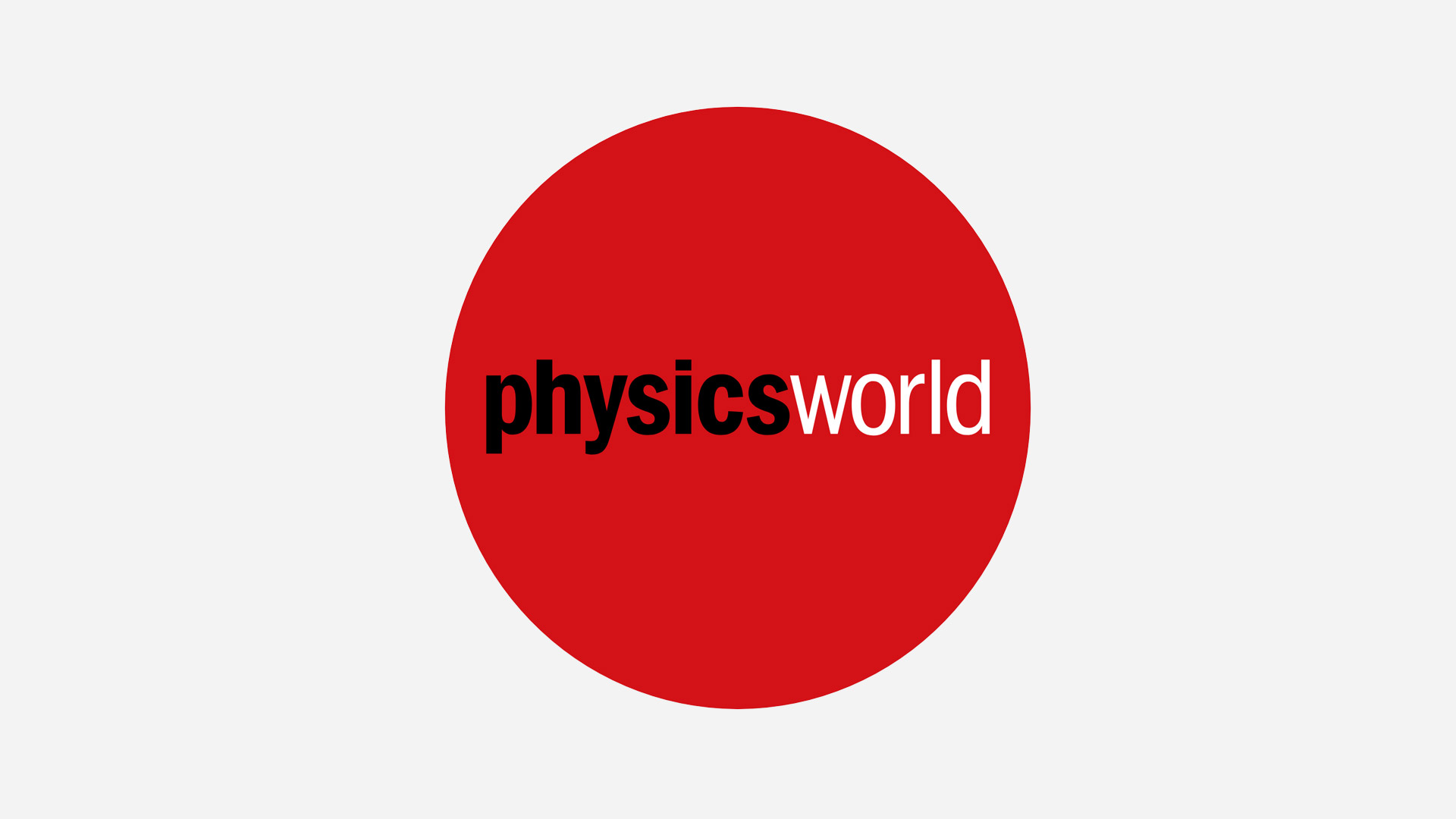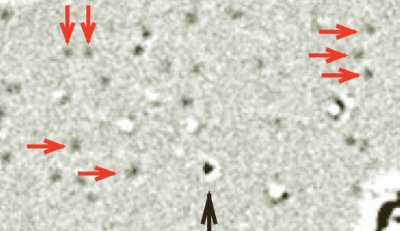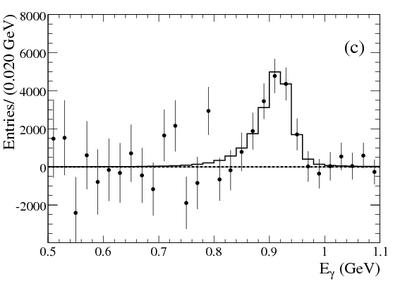Putting the 'Warp' into Warp Drive
Tabloid headlines like "Physicists want to annihilate Jupiter to reach Rigel 7" will do the physics community no good...

Thank you for registering with Physics World
If you'd like to change your details at any time, please visit My account
I am an online editor of Physics World. I did a PhD in condensed-matter physics at McMaster University in Canada. I am still fascinated by what is an extremely rich and varied subject that I believe is ignored by the media (Physics World excepted, of course). As a result, I’m happiest when I’m blogging about topological insulators, the latest quasiparticle or some other quirk of condensed matter. So, if you spot something weird and wonderful in solid-state physics, please get in touch. In my spare time I am a Scout leader.
Tabloid headlines like "Physicists want to annihilate Jupiter to reach Rigel 7" will do the physics community no good...

Placing samples on graphene substrate allows light atoms such as hydrogen to be observed
 Read article: Electron microscope sees single hydrogen atoms
Read article: Electron microscope sees single hydrogen atoms
First measurement of ground state could improve our understanding of the early universe
 Read article: BaBar gets to the bottom of bottomonia
Read article: BaBar gets to the bottom of bottomonia
Did they see WIMPS, or didn't they?

A great deal of discussion was devoted to building social networking sites for professionals -- and we were treated to several success stories...

Pierre Auger and HiRes observatories confirm rapid drop-off in number of ultrahigh-energy cosmic rays reaching Earth

Input from physics community benefits LHCb

Gravitational lensing measurement suggets that cosmic strings make up no more than 2% of mass of universe
 Read article: Survey of distant galaxies sets limit on cosmic strings
Read article: Survey of distant galaxies sets limit on cosmic strings
The British media were talking about physics today...

Radiation from distant quasar travels relatively unhindered to Earth
